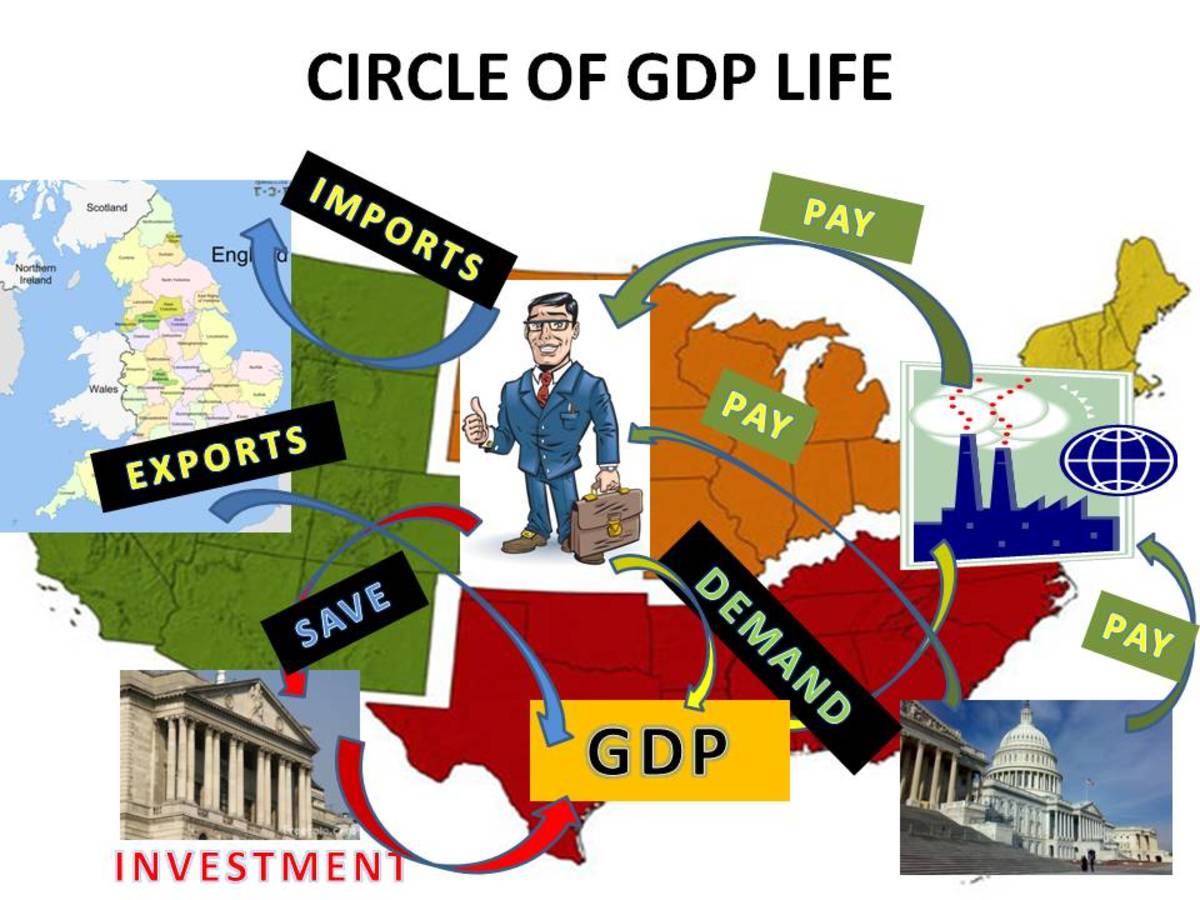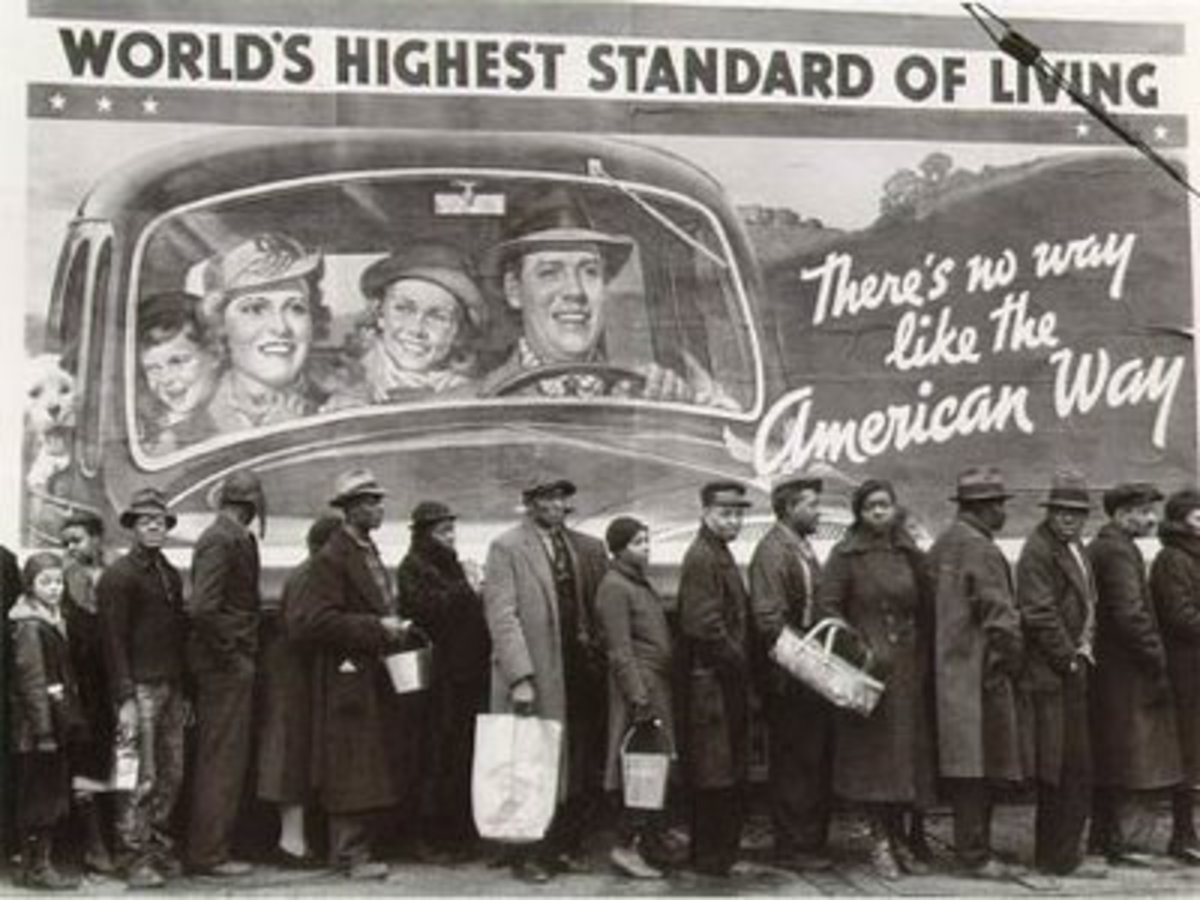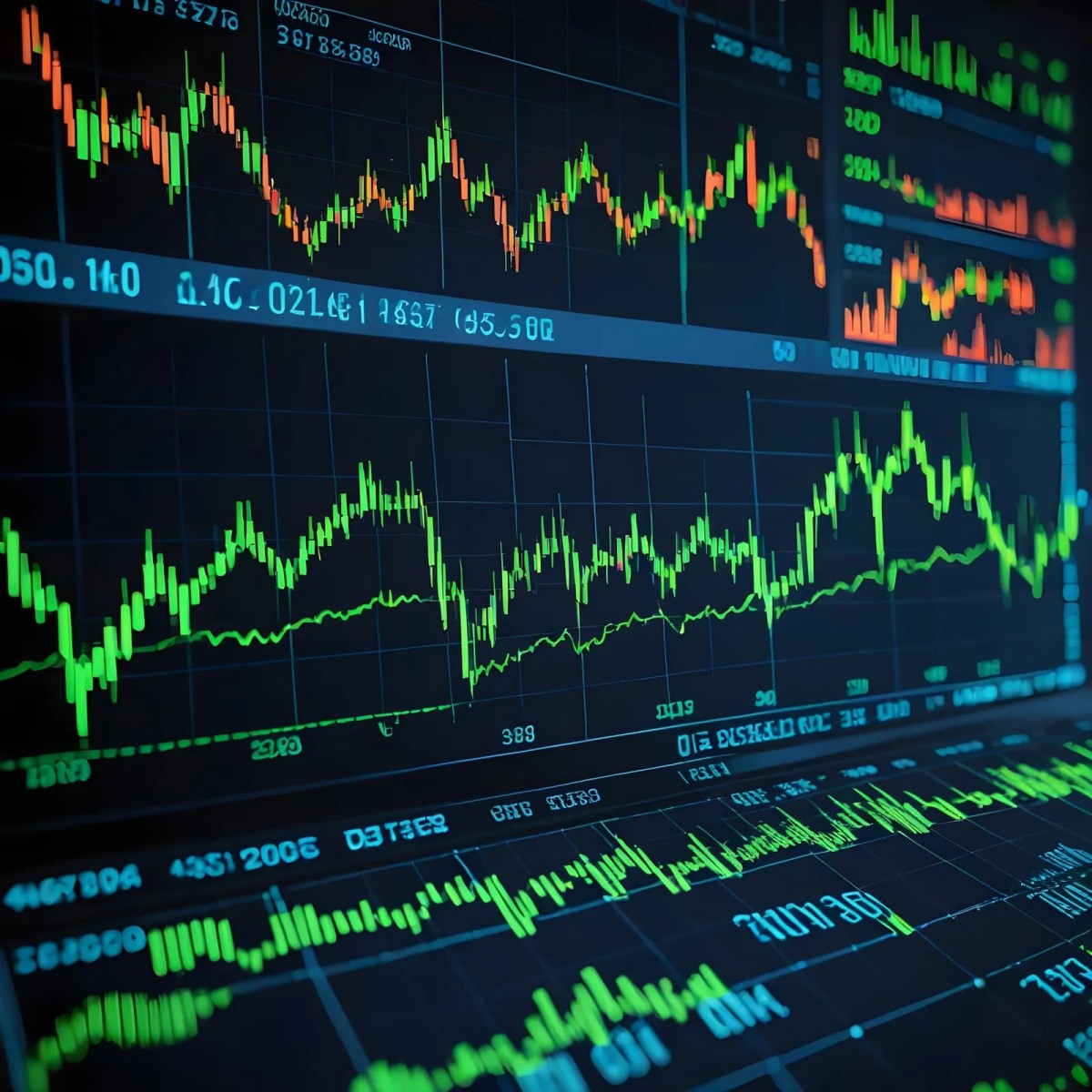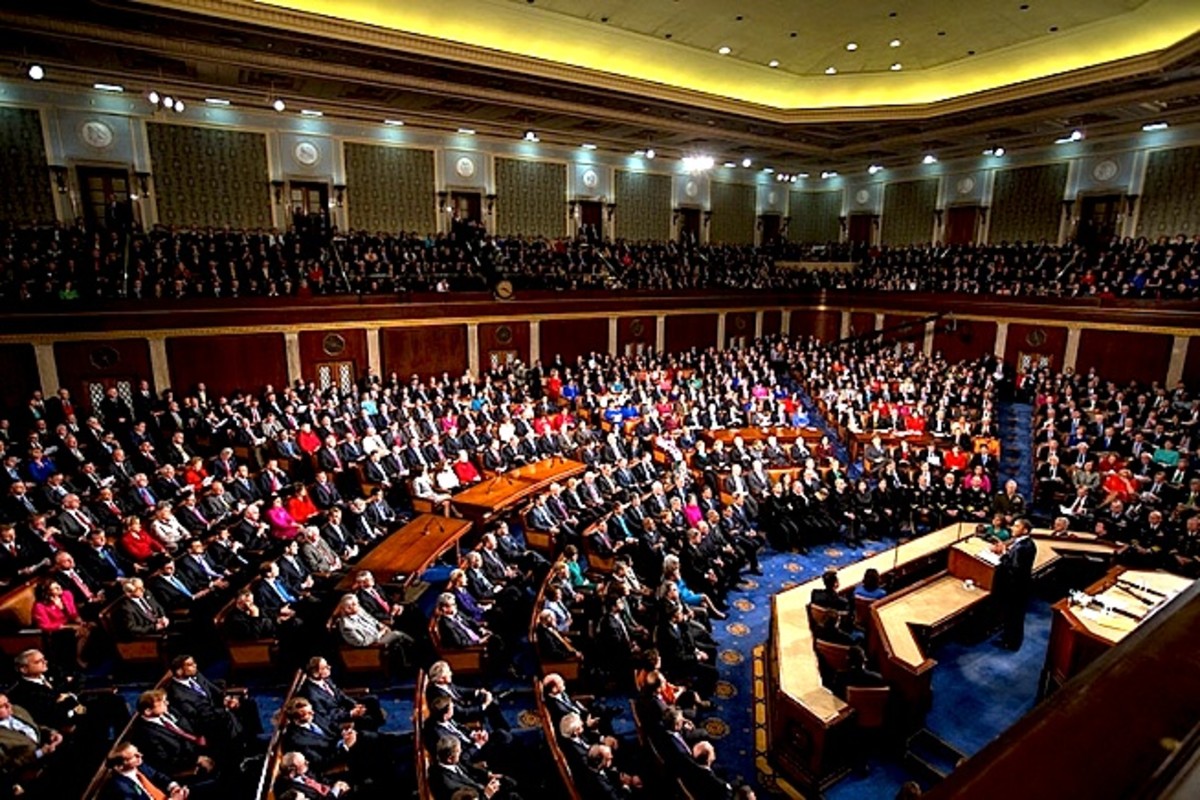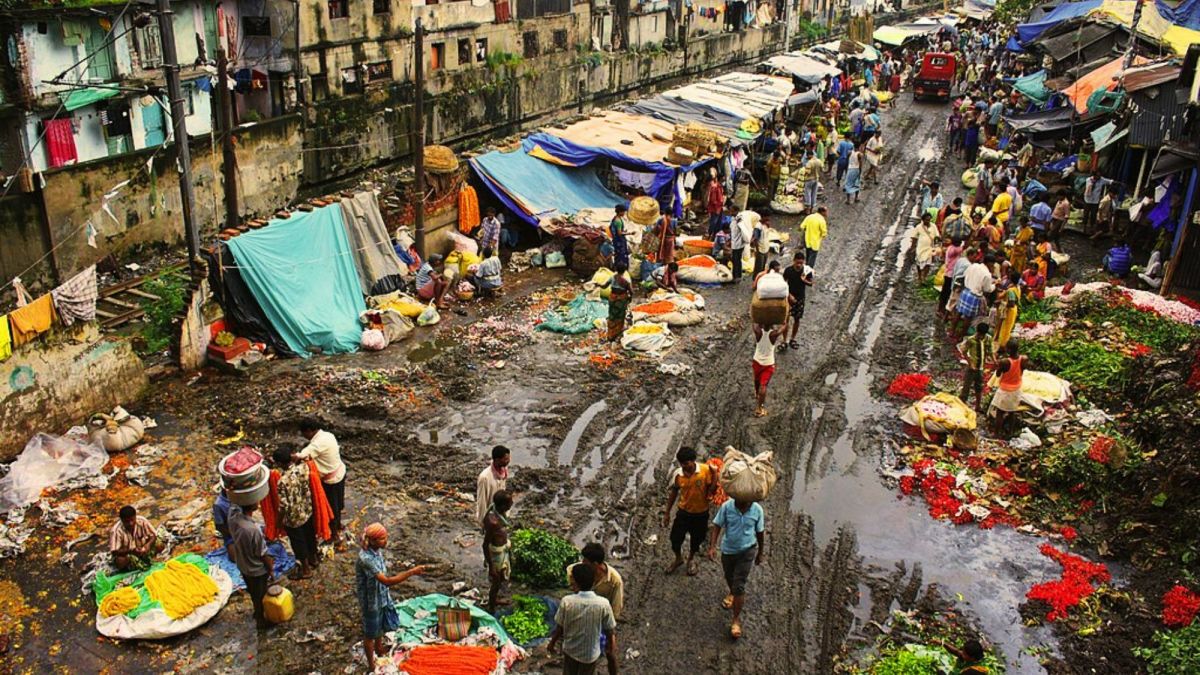Job Security during the Time of Recession
What is Recession ?
Recession is a word used in economics that means a significant decline in activity spread across the economy, lasting longer than a few months. It is visible in industrial production, employment, real income, and wholesale-retail trade. . . .
What is Depression ?
A depression is any economic downturn where real Gross Domestic Product (GDP) declines by more than 10 percent.
Gross Domestic Product (GDP)
GDP is the total market value of all final goods and services produced in a country in a given year, equal to total consumer, investment and government spending, plus the value of exports, minus the value of imports.
Difference between Recession and Depression
A factory worker asks the production manager the difference between a recession and a depression. The manager explains it this way. When the production work is reduced and gets slow the factory workers like you get laid off. That is a recession. When the production work is further reduced and almost gets to a halt, then even the production manager like me will also get laid off. That is a depression.
What happens during a Recession ?
Recessions may be associated with falling prices (deflation), or, alternatively, sharply rising prices (inflation) in a process known as stagflation.
Unemployment rate. This is the percentage of people who would like to work, but who are not working. When a recession hits a lot of workers get laid off, the unemployment rate goes up. When a recession is over, the unemployment rate goes down.
National or personal income. This is the amount of income earned from producing our nation's economic pie. With less pie produced, and fewer workers working, there's less income for every person in the nation.
Retail sales. As the name suggests, this is the amount of stuff that consumers buy from stores. During a recession there are fewer people working and producing as much. They have less income, and thus they buy less stuff from stores.
Government taxes. A recession also tends to see a decline in government tax receipts because we're getting less taxable income and buying fewer taxable goods.
Is the United States in a Recession Yet ?
Thu Feb 14, 2008 2:41pm EST
FORT LAUDERDALE, Florida (Reuters) - Top U.S. chief executives expect their industries to fare worse over the next six months as economic growth slows to a snail's pace, whether the United States is in recession or not.
Eighty-one 81 percent of CEOs polled by the Business Council expect "sluggish" U.S. economic growth of between 0 and 2 percent this year, according to the group's survey released on Thursday.
Slightly over half, or 53 percent of the CEOs expect those conditions to weaken further in the next six months and 3.6 percent said they saw the U.S. economy declining during the coming year.
In plain simple language the top U.S. chief executives expect a recession in the coming months ahead.
What are the basic necessities of Life during the Recession?
Regardless of any economic situation and whether or not there is a recession, there are five basic necessities of life, and they are:
- Food
- Water
- Air
- Clothing
- Shelter
If you are living in an area where all the above basic necessities are available then your life should be reasonably secured.
U.S. Government Assistance during the Recession
The Great Depression occurred in the United States when the Stock Market crashed in October 1929 and it lasted for many years. During that period millions of Americans were out of work, and the U.S. government reintroduced the homesteading program to get people back to the land to live a sustainable, self-sufficient lifestyle.
Homesteading enables people to own agricultural land and build their own houses on it with very low property taxes. They can grow their own food on the land and also provide their own water supply from the wells. They can also provide their own electricity by using solar, wind and other renewable energy systems. Since most rural lands are far away from the pollution in the cities they can breathe fresh air. This is healthy living.
What kind of jobs are secured during the Recession ?
If you choose to live in the cities during the Recession there are several kinds of jobs that are fairly secured because they are needed regardless of the economic situation.
John Challenger, CEO of outplacement firm Challenger, Gray and Christmas, told Yahoo! HotJobs that careers in the following fields may offer a good chance of weathering a storm this year.
* Education. The U.S. Bureau of Labor Statistics has historically shown teaching to be relatively recession-proof. But demographics are important: High-growth areas like the Sun Belt offer much better prospects than the Rust Belt.
* Energy. "This is a major issue for the global economy, and jobs related to oil and gas, alternative energy and even nuclear are likely to see strong growth," Challenger said.
* Health care. Almost half the 30 fastest growing occupations are concentrated in health services -- including medical assistants, physical therapists, physician assistants, home health aides, and medical records and health information technicians -- according to the U.S. Bureau of Labor Statistics.
* International business. "If you have a strong knowledge of other cultures, and an ability to work in another country, you'll find plenty of opportunities," according to John Challenger. "If you're first generation Chinese, with business skills and Chinese language skills, you're in good shape.
* Environmental sector. There is a huge and growing industry geared to combat global warming. "Not only will professionals with skills in sustainability issues be in demand through the end of the decade, we are likely to shortages of professionals with 'green' skills," said Rona Fried, president of sustainablebusiness.com, a networking service for sustainable businesses.
* Security. "Crime doesn't stop during a recession, and police officers, port security specialists and international security experts will continue to be in demand," Challenger emphasized.

